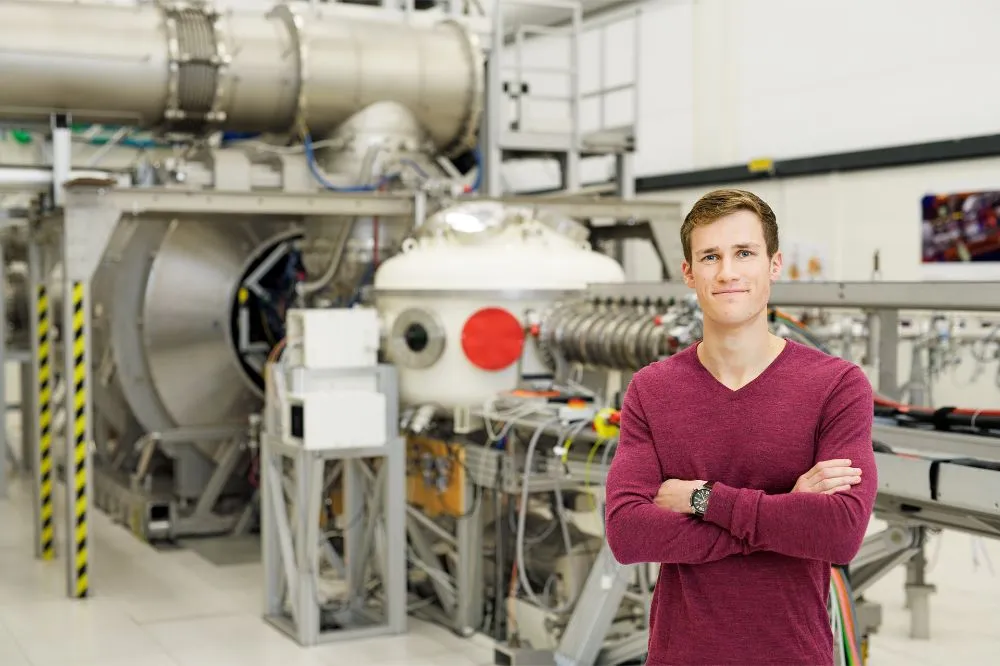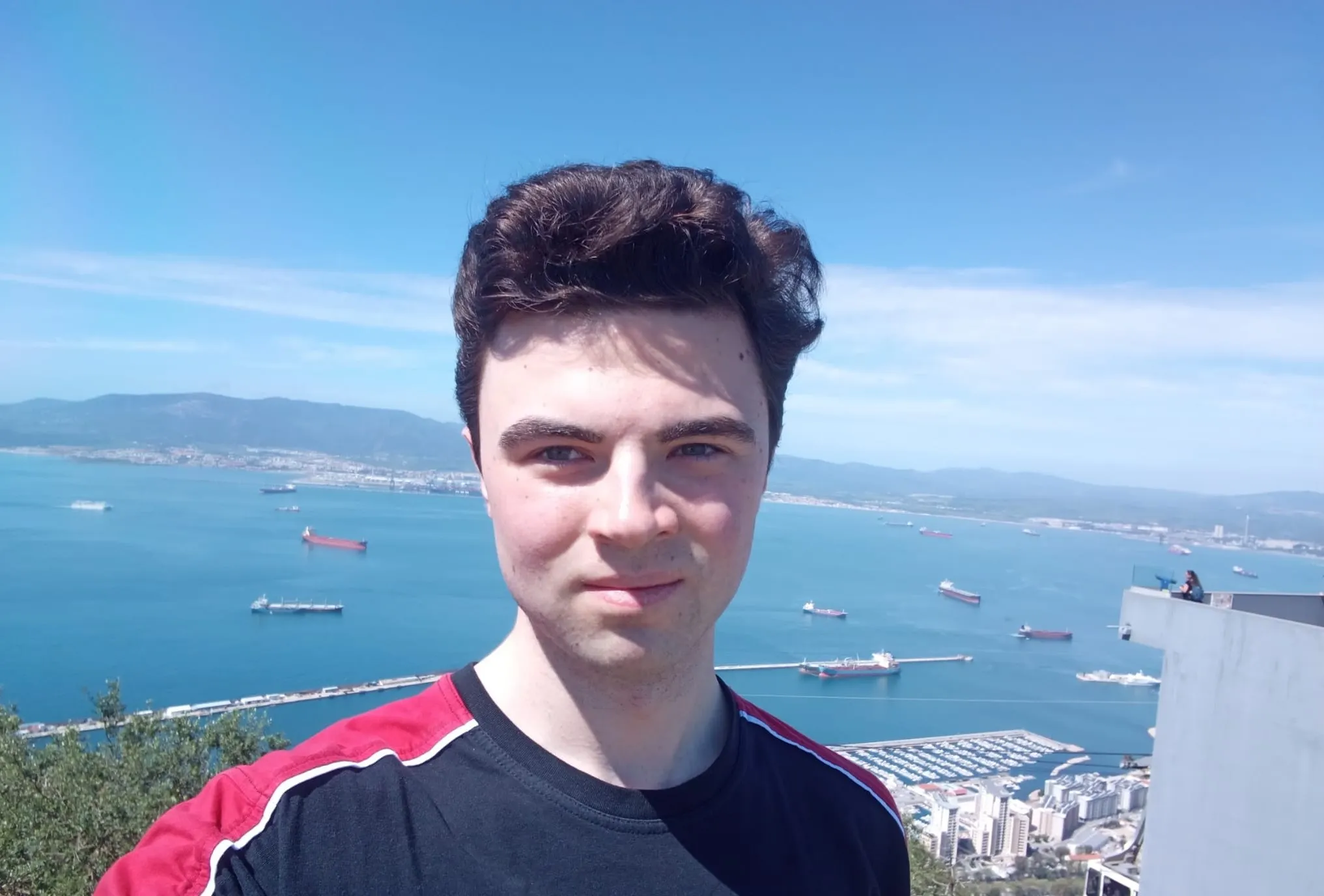Why study Science and Technology of Nuclear Fusion?
The two-year Master’s programme Science & Technology of Nuclear Fusion at TU/e blends applied physics, mechanical and electrical engineering to develop future sustainable energy. You gain hands-on experience in advanced laboratories, collaborate with international research teams, and explore the societal and environmental impact of fusion as a sustainable energy source. Ambitious? Combine it with a double degree in Applied Physics, Electrical Engineering or Mechanical Engineering for an even broader future.

Three unique strengths
The Master's in Science & Technology of Nuclear Fusion offers several key advantages:
- Multidisciplinary Approach: The programme is unique in its blend of applied physics, mechanical engineering, and electrical engineering, providing a comprehensive skillset necessary for fusion research and development.
- Global Research Links: You benefit from strong connections to world-leading institutes such as DIFFER and gain active involvement in major international projects like ITER, placing you at the forefront of global energy research.
- Hands-on, High-Tech Environment: You gain hands-on experience in advanced laboratories within the high-tech, innovation-driven environment of the Brainport region in Eindhoven.
Connection with semiconductors industry
While the primary focus is on energy, the semiconductor industry is intrinsically linked to fusion research through advanced technology. The control and diagnostic systems of major fusion facilities like ITER rely heavily on high-performance computing, complex sensor technology, and power electronics that are driven by advanced semiconductor components. Graduates with expertise in the electrical and mechanical engineering aspects of fusion are well-positioned to work on the high-tech systems (e.g., plasma control, power conversion) that are designed and built by companies within the Brainport ecosystem that also serve the semiconductor industry.
Programme structure
This is a two-year Master’s programme that combines theoretical knowledge with practical experience. The curriculum is built on a foundation of applied physics, mechanical engineering, and electrical engineering. A core component involves gaining hands-on experience in advanced laboratories and participating in collaborative research projects with international teams. For those seeking an even broader skillset, the option to pursue a double degree in Applied Physics, Electrical Engineering, or Mechanical Engineering is available.
Career perspectives
Graduates from the Master's in Science & Technology of Nuclear Fusion are highly sought after in the energy sector, particularly in the rapidly developing field of sustainable energy. Career prospects include roles as a Research Scientist at international institutes (like ITER and DIFFER), Systems Engineer for high-tech energy and control systems, or Consultant focused on energy transition and sustainable technologies. The combination of physics and engineering, along with the international research experience, prepares you for leading technical and managerial positions both within the fusion community and the wider high-tech industry.


.svg)




